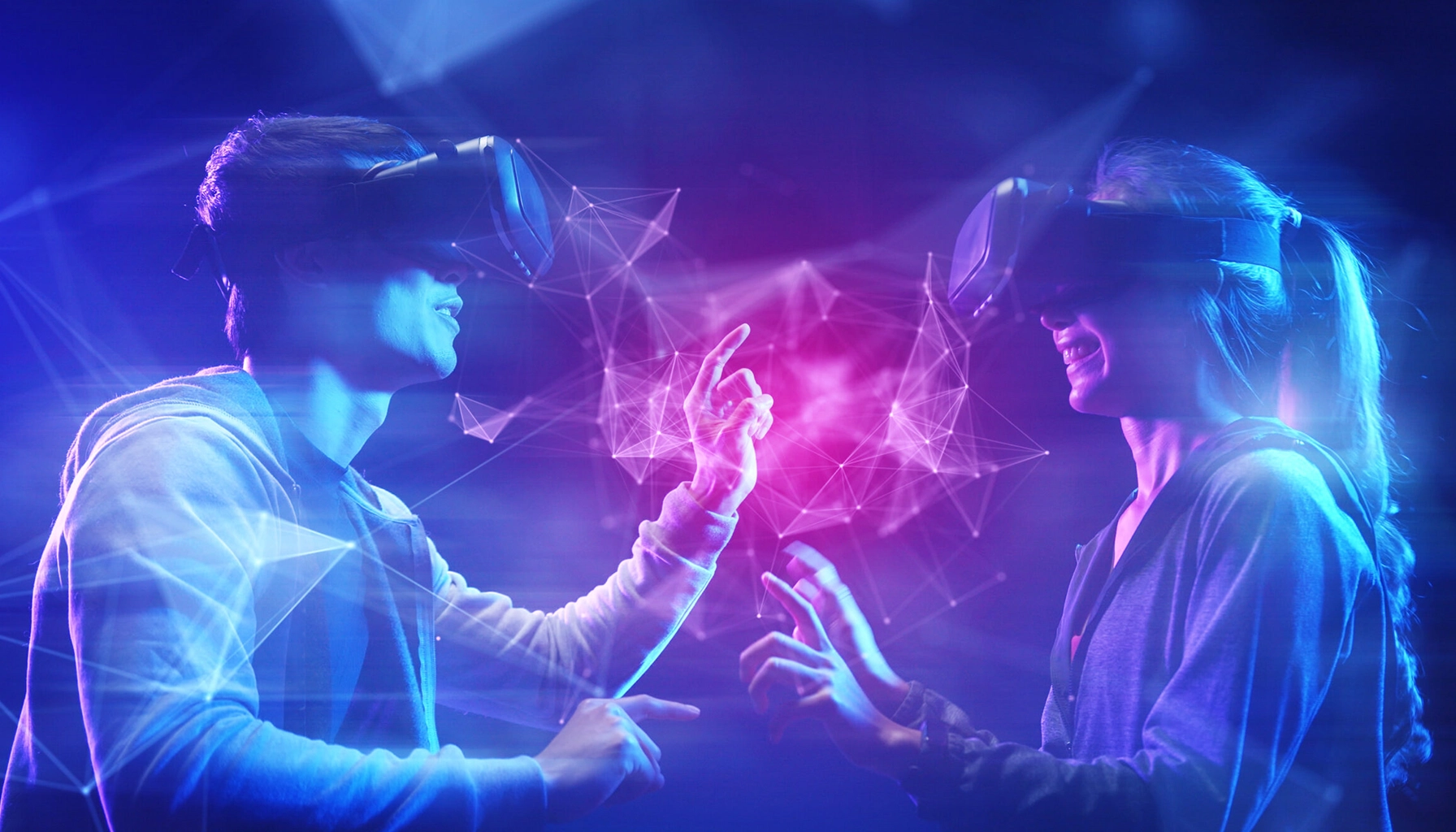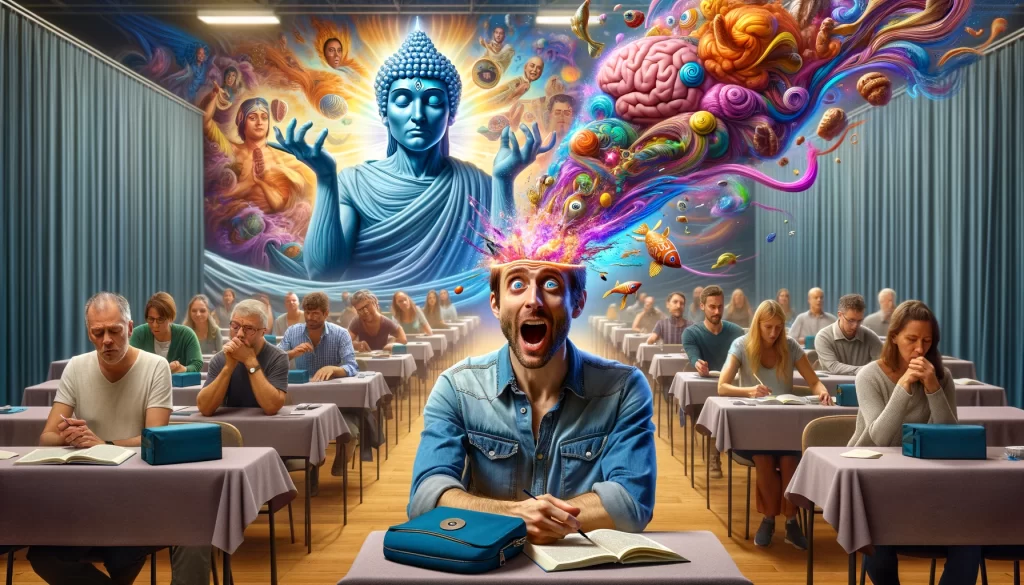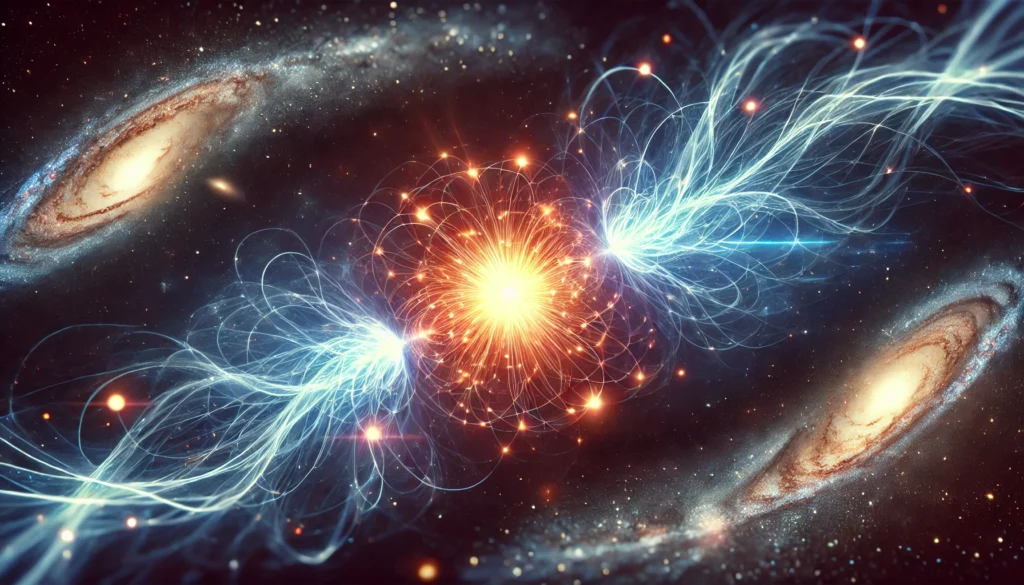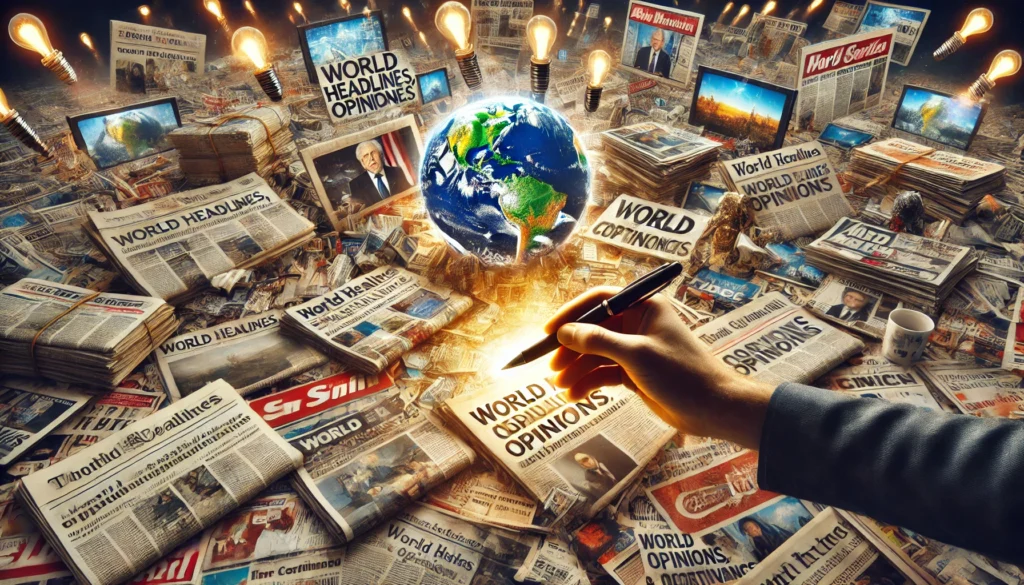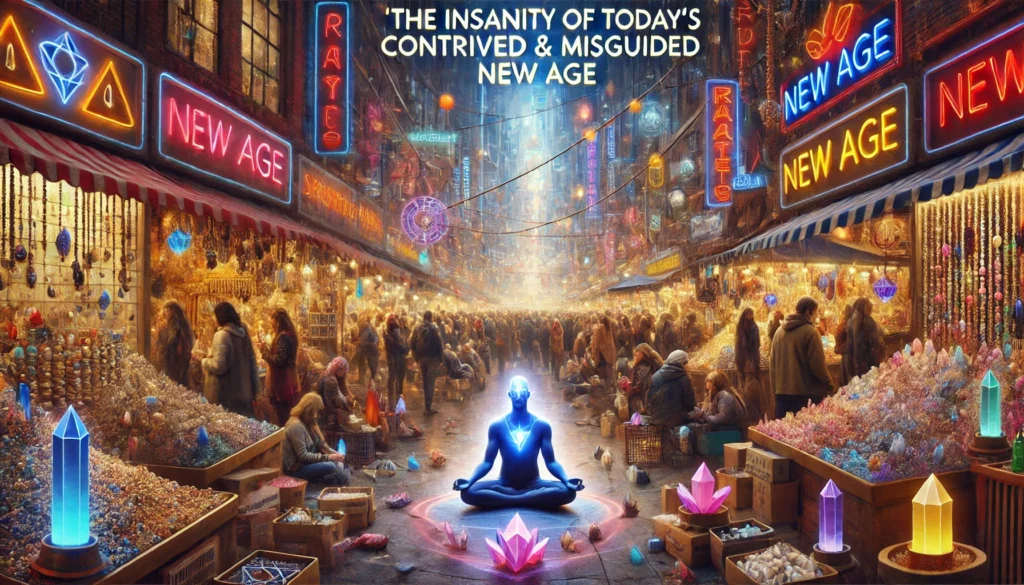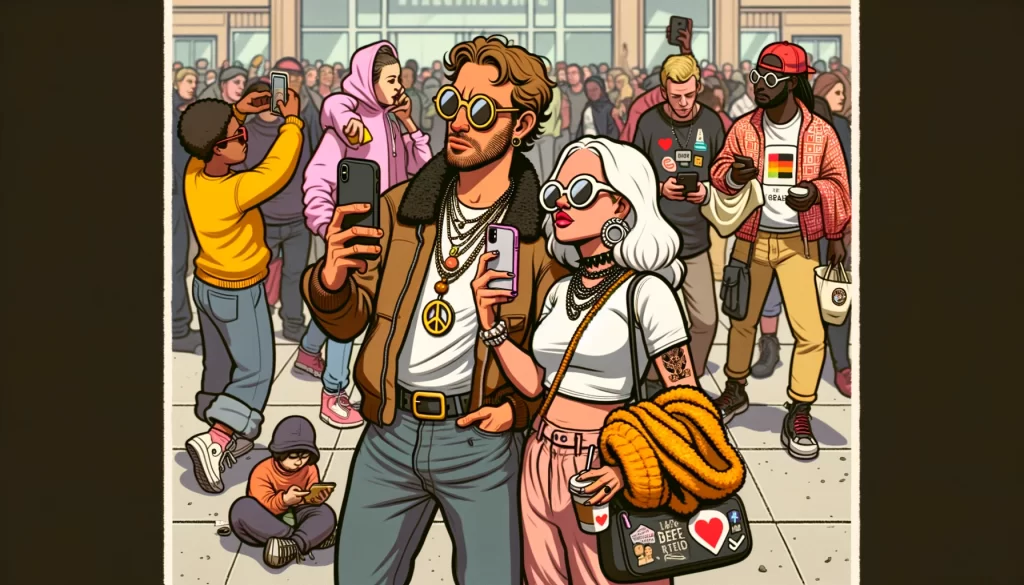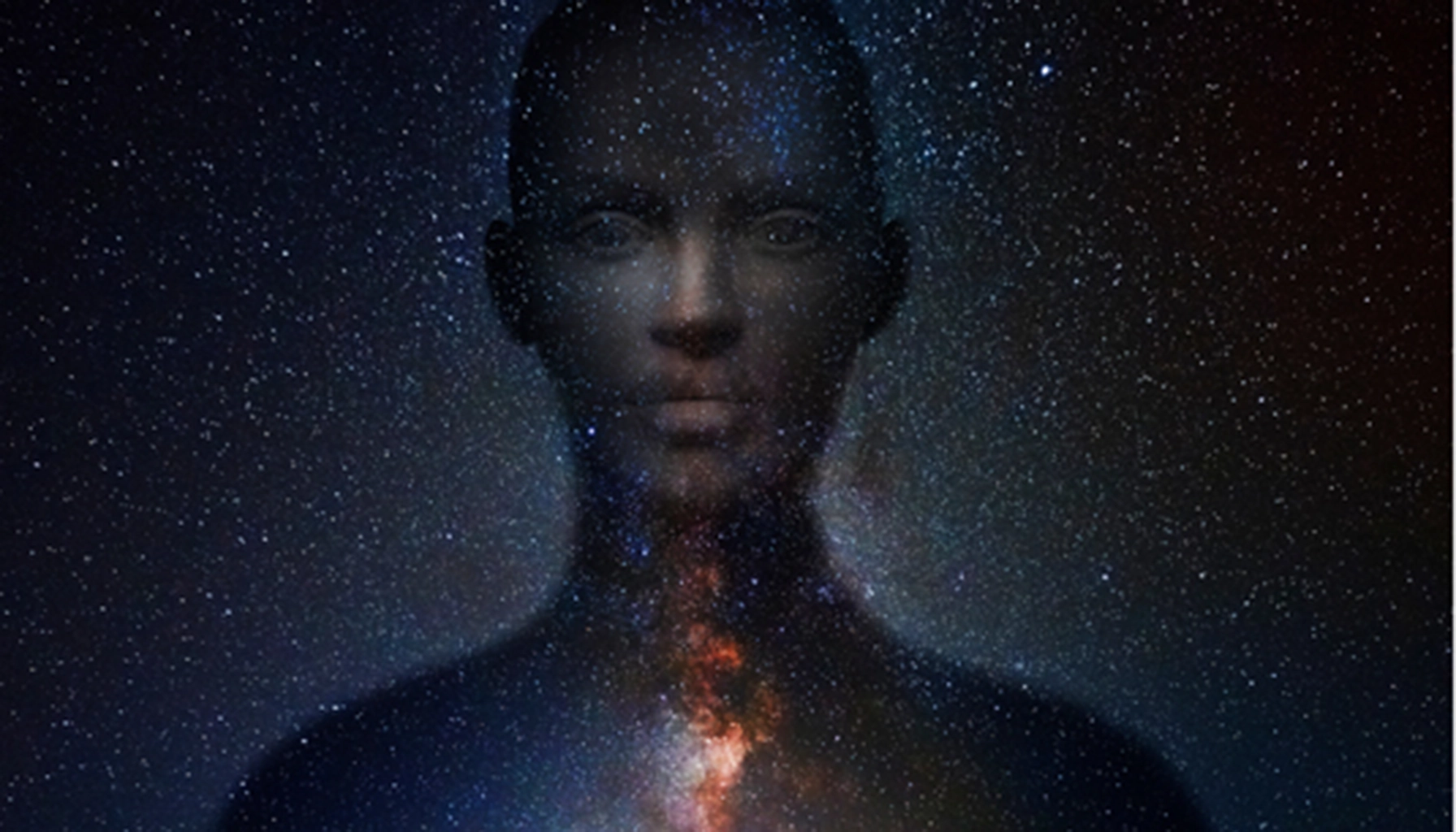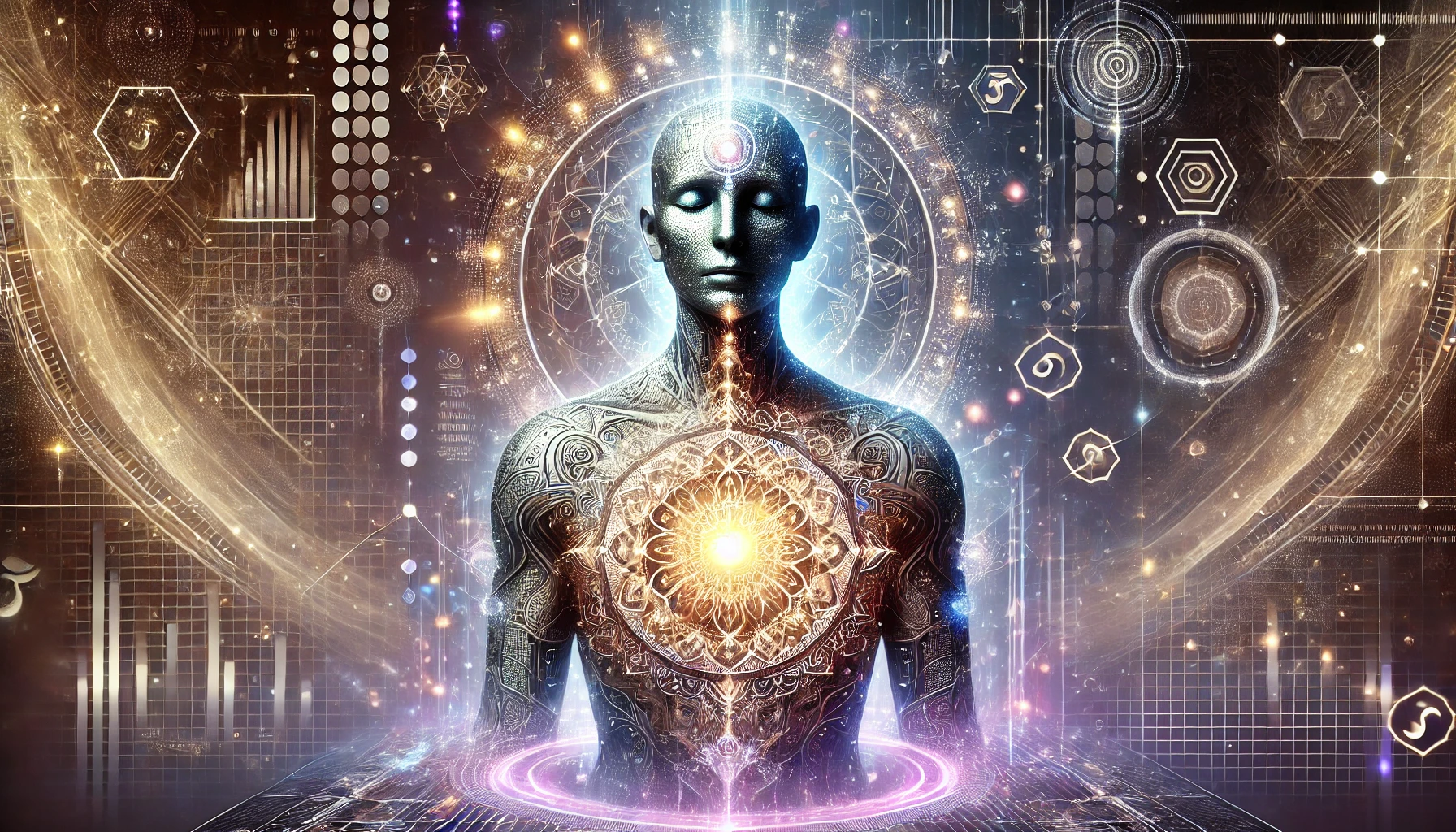Ellipsis Anxiety - The Three Dots From Hell In the grand theatre of modern communication, where the stage is set...
Read More
More Articles
Transformational Self-Inquiry For Fancy New Agers
 Paul Wagner
Paul Wagner
 January 7, 2025
January 7, 2025
Transformational Self-Inquiry For Fancy New Agers In the ever-expanding universe of New Age spirituality, where the boundaries between the tangible...
Read More
Why I’m Not Thrilled With The Woke & Cancel Culture Movements
 Paul Wagner
Paul Wagner
 January 2, 2025
January 2, 2025
Why I’m Not Thrilled With The Woke & Cancel Culture Movements Let’s get into it. In The Sedona Method, we...
Read More
The Paradox of Excessive Kindness
 Paul Wagner
Paul Wagner
 December 19, 2024
December 19, 2024
The Paradox of Excessive Kindness Using kindness to "avoid ourselves" is a fascinating concept. It seems to involve employing kindness,...
Read More
Joe Dispenza Teachings vs Advaita Vedanta Teachings on Self: A Look at Joe Dispenza Spirituality
 Paul Wagner
Paul Wagner
 December 17, 2024
December 17, 2024
How Joe Dispenza’s Work Conflicts With The Ancient Teachings Dr. Joe Dispenza's work, which focuses on the intersection of neuroscience,...
Read More
The Law Of Attraction Flawed: What Is The Original Non-Diluted Teaching?
 Paul Wagner
Paul Wagner
 December 12, 2024
December 12, 2024
The Law Of Attraction Is Flawed: What Is The Original Non-diluted Teaching? In a vibrant era where spiritual teachings often...
Read More
Spiritual Hospice: New Age Spirituality and the Dangers of Toxic Spirituality
 Paul Wagner
Paul Wagner
 December 5, 2024
December 5, 2024
The concept of spiritual hospice describes how seekers can become trapped in comforting illusions. While new age spirituality often promises...
Read More
The Complex Identity Of Being Born Again
 Paul Wagner
Paul Wagner
 December 3, 2024
December 3, 2024
The Complex Landscape of Being Born Again Faith is a profound and deeply personal journey for millions of people around...
Read More
What Is Quantum Entanglement And How Does It Help Us?
 Paul Wagner
Paul Wagner
 November 27, 2024
November 27, 2024
The Sacred Storm: Embracing the Journey of Boundaries, Karma, and Devotion The sutras are like keys to a locked...
Read More
World Headlines, Opinions, And Other Contrivances
 Paul Wagner
Paul Wagner
 November 13, 2024
November 13, 2024
World Headlines, Opinions, And Other Contrivances Since the beginning of time, a stubborn set of fears has lived beneath...
Read More
The Insanity Of Today’s Contrived & Misguided New Age
 Paul Wagner
Paul Wagner
 November 6, 2024
November 6, 2024
The Insanity Of Today’s Contrived & Misguided New Age This once less toxic world has descended into a swirling...
Read More
The Hypocrisy Of The Self-Righteousness Woke Movement
 Paul Wagner
Paul Wagner
 October 8, 2024
October 8, 2024
The Hypocrisy Of The Self-Righteousness Woke Movement Hello, dear readers, and welcome to a conversation that delves into the depths...
Read More



